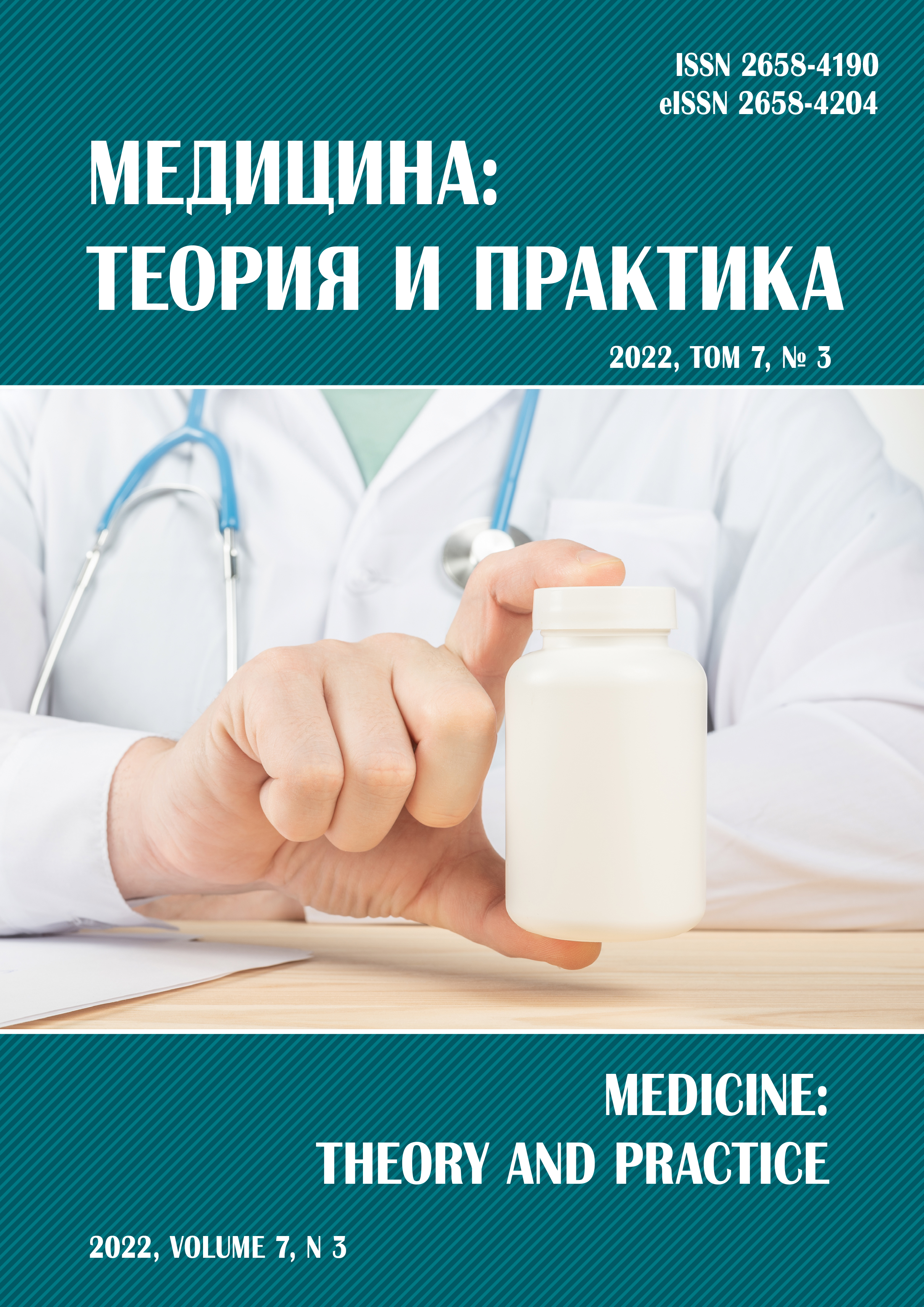HASHIMOTO’S THYROIDITIS AND GUT MICROBIOTA
Abstract
Autoimmune thyroiditis, or Hashimoto’s thyroiditis, as the disease is more commonly referred to in foreign literature, is an organ - specific autoimmune thyroid disease in which both genetic predisposition, environmental factors, and metabolic changes in the body are possible triggers of the disease. Many studies have shown that changes in the gut microbiota are an important factor in the development of inflammatory and autoimmune diseases. Changes in its composition, for example, have been described in patients with autoimmune bowel diseases, type 1 diabetes mellitus, systemic sclerosis and systemic lupus erythematosus. Due to the fact that autoimmune thyroiditis is the most frequent autoimmune disease worldwide and the most frequent autoimmune thyroid disease, there is interest in how much thyroid homeostasis can be sensitive to changes in the gut microbiota. About two - thirds of the human commensal microbial community, namely the gut microbiota, resides in the gastrointestinal tract. A growing body of evidence supports the hypothesis that the gut microbiota has metabolic functions in nutrient digestion and absorption, detoxification, and vitamin synthesis in the host body. The mechanisms of influence of the gut microbiota on the development of the lymphoid system are being studied, given the fact that a large layer of lymphoid cells is located at the level of the intestine. Data have already been published that the genesis and progression of autoimmune thyroid diseases can be significantly influenced by changes in the gut microbiota. This outlines the main features characterizing the mutual influence between the gut microbiota and thyroid gland in patients with autoimmune thyroiditis, the possible mechanisms leading to the development of a given pathology, and as well as the state of the gut microbiota in hypothyroidism.



